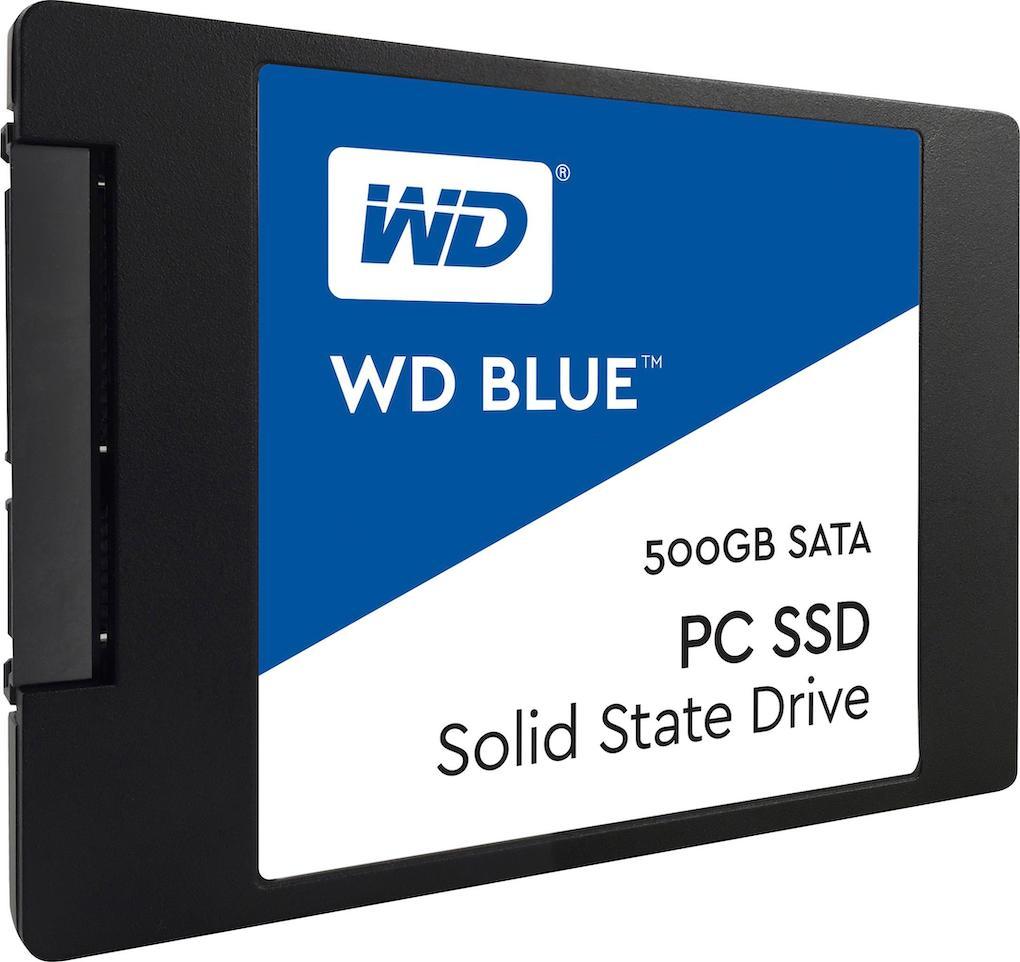- in Production by Bobby Owsinski
Which Is Better: A Solid State Drive Or A Hard Disc Drive?

Today’s musician, artist, band or songwriter relies on data more than ever in the studio, and that data has to be stored somewhere. For the last 40 years most computer storage has been based on the hard disc drive (HHD), but increasingly that’s been changing quickly to the latest generation of solid state drive (SSD). So what are the differences, and which one is better?
HDD vs SSD: The Differences
There is one huge difference between HHDs and SSDs that really sets up all the other differences as well. HHDs are very mechanical in that they’re comprised of spinning magnetic platters, while SSDs are made of electronic components that contain no moving parts.
That means that HHDs are far more fragile. Drop one from only the height of a desktop and watch it die. SSDs, on the other hand, have been known to survive a bettering with a baseball bat and still work like a champ. And they tend to take extreme temperature fluctuations better as well.
But it doesn’t stop there. SSDs are on the order of 5 to 10 times faster, which makes a difference when it comes to creative tasks like high track count recording or video editing. There’s just no comparison when it comes to performance.
When it comes to lifespan, hardware scientists use a metric called Total Bytes Written as a guideline. It’s basically means that a drive can only be written to so many times during its lifetime before it begins to fail. That’s not much of a problem if you’re only searching the web and writing emails, but for data intensive practices like recording, we want to make sure that when it’s time to record that next take we won’t have a track or two that fails because the drive is wearing out. SSDs are typically rated for about twice as much written data as HDDs.
When it comes to noise and vibration, SSDs are a winner here as well. I don’t know about you, but the sound of whirring HHD drives in the studio can often get in the way of recording (I’ve now isolated all my drives the same way that I isolated my speakers). SSDs don’t spin so no noise.
Power is yet another factor in the SSD’s favor. Because of their low consumption, it’s been estimated that an SSD can contribute as much as 45 extra minutes of battery life to a laptop.
Why You Might Prefer One Over The Other
With so much in the SSD’s favor, why would you even consider purchasing another mechanical hard disc drive? The answer comes down to price, at least for now. HDDs are now down to as little as $0.02 per GB (yes, 2 cents), while SSDs are around 10 cents per GB. You get a lot bigger bang for your buck with an HHD, and if you’re in the studio and the drive doesn’t have to move around that much, that price can be really attractive.
It looks like the HHD is slowly going the way of the floppy disc though, and it’s only a matter of time before the price gap is closed and there will be no reason to even consider anything other than a solid state drive. That time may not be tomorrow or even next year, but if you’re in the market for a new drive, it’s best to pay the extra money and switch now. You’ll enjoy the advantages.

